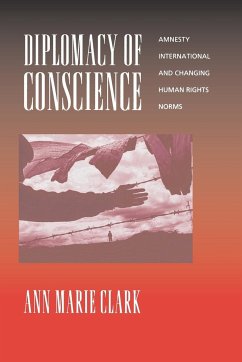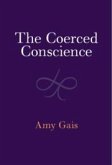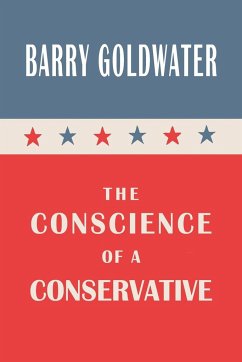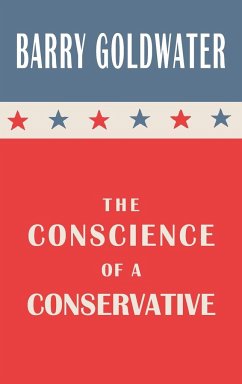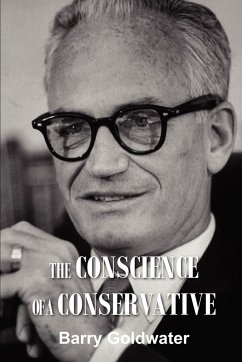A small group founded Amnesty International in 1961 to translate human rights principles into action. Diplomacy of Conscience provides a rich account of how the organization pioneered a combination of popular pressure and expert knowledge to advance global human rights. To an extent unmatched by predecessors and copied by successors, Amnesty International has employed worldwide publicity campaigns based on fact-finding and moral pressure to urge governments to improve human rights practices. Less well known is Amnesty International's significant impact on international law. It has helped forge the international community's repertoire of official responses to the most severe human rights violations, supplementing moral concern with expertise and conceptual vision. Diplomacy of Conscience traces Amnesty International's efforts to strengthen both popular human rights awareness and international law against torture, disappearances, and political killings. Drawing on primary interviews and archival research, Ann Marie Clark posits that Amnesty International's strenuously cultivated objectivity gave the group political independence and allowed it to be critical of all governments violating human rights. Its capacity to investigate abuses and interpret them according to international standards helped it foster consistency and coherence in new human rights law. Generalizing from this study, Clark builds a theory of the autonomous role of nongovernmental actors in the emergence of international norms pitting moral imperatives against state sovereignty. Her work is of substantial historical and theoretical relevance to those interested in how norms take shape in international society, as well as anyone studying the increasing visibility of nongovernmental organizations on the international scene.
Bitte wählen Sie Ihr Anliegen aus.
Rechnungen
Retourenschein anfordern
Bestellstatus
Storno

